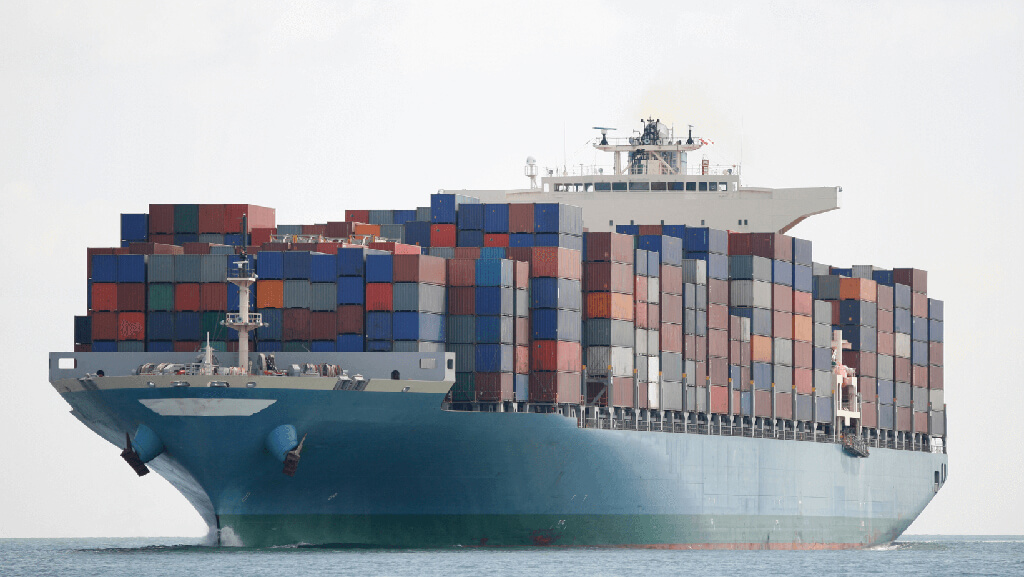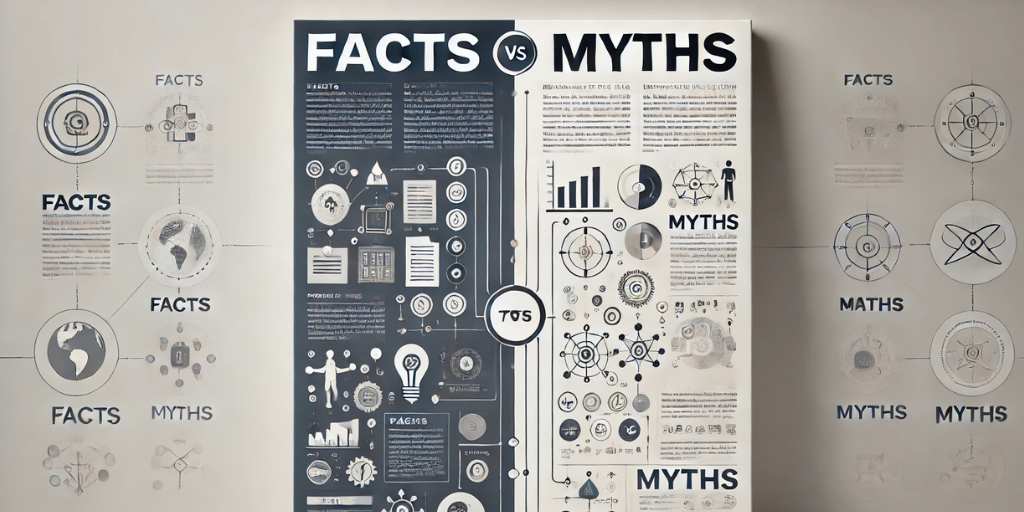Lean Supply Chain refers to a supply chain management philosophy that emphasizes efficiency and waste reduction, drawing inspiration from the principles of Lean Manufacturing. The primary goal of a lean supply chain is to eliminate or minimize all forms of waste (time, resources, effort) to optimize the flow of goods and services from origin to consumer. The Supply chain in the Automotive industry today is highly affected by the crisis of lack of microchips from Asia and the production closing of suppliers in Ukraine due to the war. It has generated production stops or volume reductions at OEMs (car makers). Consequently, the orders from OEMs to all their suppliers will be significantly reduced with emphasized fluctuation in the short period.
Table of Contents
ToggleLean Supply Chain – Issues
Automotive Industry – supply challenges

Ivan Djordjevic is Supply Chain and Logistics Manager with 8 years’ experience in Automotive industry in different international companies. He is Doctor of Science (PhD) from 2019 in field of Supply Chain and Logistics. His main work areas are Material and Production planning, Transport and Warehouse Management, Customs Operation, Deliveries to customers. He is a visiting lecturer at the faculty. In free time he enjoys in nature and river.






